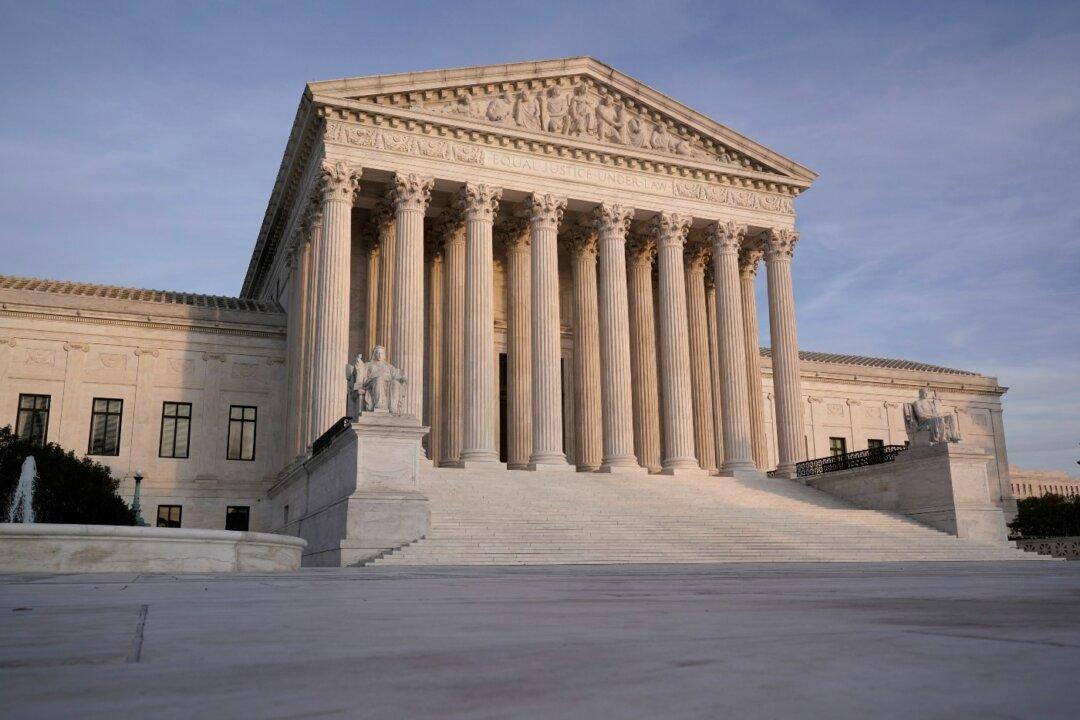A Christian mission in Seattle is appealing to the U.S. Supreme Court after the Washington Supreme Court ruled it doesn’t have the right to refuse to hire someone who disagrees with its beliefs.
“Churches and religious organizations have the First Amendment right to hire those who share their beliefs without being punished by the government,” said John Bursch, a former Michigan solicitor general who is now senior counsel and vice president of appellate advocacy with the Alliance Defending Freedom (ADF), a public interest law firm that’s representing the mission.





